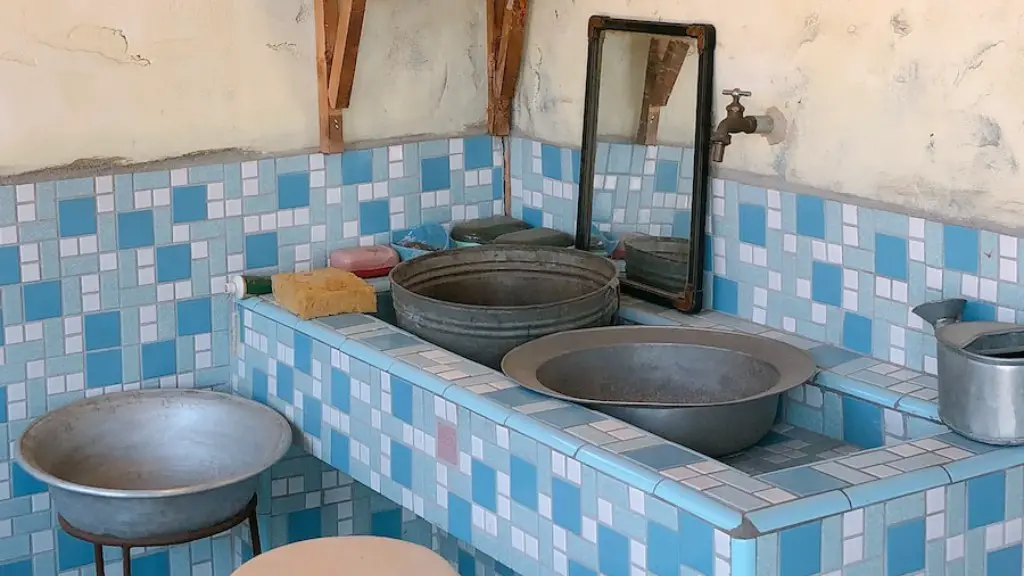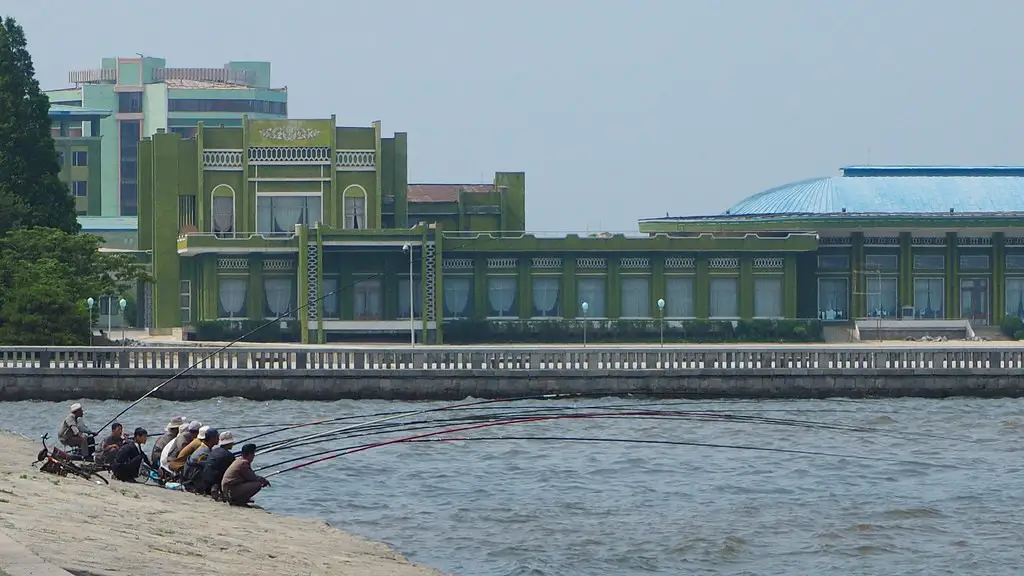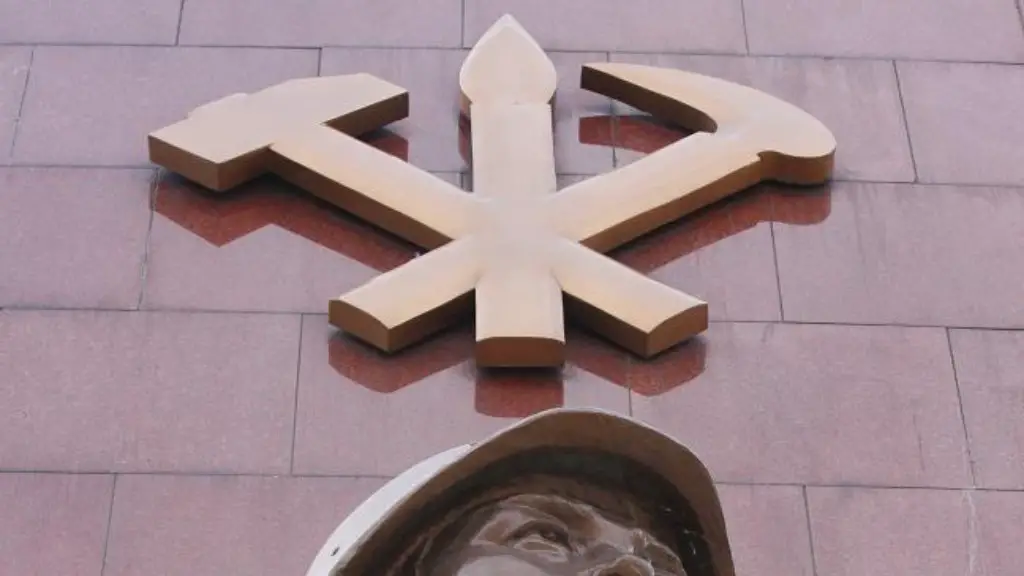Dress Code
In North Korea, even the clothing you can wear, and the haircuts you are allowed to get are heavily controlled and regulated by the government. Men are only permitted to have certain government approved haircuts and they must wear their hair no longer than 3cm in length. Women have slightly more flexibility with their hairstyles, but it must be kept at a certain length and not have any color added. In regards to clothing, it is mandatory to wear the ‘Korean People’s Style’ which is a 25-piece wardrobe of traditional Korean attire, designed to promote uniformity and loyalty to the state.
Music
Music is another area wherein North Koreans are heavily restricted in what they can and cannot listen to. All music and singing must follow the principles of the ‘Juche Idea’, an ideology of self-reliance that was followed by Kim Il-Sung. This means that all music must promote the values of the North Korean government and praise the country’s leaders. Any music that is deemed to be contrary to this ideology is banned from public consumption under the law.
Censorship
Censorship is yet another strict law present in North Korea, with all kinds of media including books, newspapers, websites and television programs heavily monitored by the government in order to prevent any anti-government sentiment being spread. Any kind of information that is not approved by the government or deemed to be contrary to the Juche Ideology can be blocked or even punished by the authorities.
Travel Restrictions
North Koreans are also not allowed to freely travel outside of the country without explicit permission from the government. It is mandatory for citizens to present their travel document whenever they cross a border and the government is known to prevent those it consider suspicious or disloyal to the state from leaving. North Korea also maintains a mandatory military service for all male citizens over the age of 18, and evasion of this service is punishable by law.
Internet Access
Internet access is also heavily restricted in North Korea and only state approved websites are allowed to be visited by citizens. One of these is the state-owned Kwangmyong which was developed in order to provide a controlled online experience for North Koreans. It doesn’t offer the same kind of freedom available to those with access to the wider world wide web and it is highly monitored by the government in order to ensure compliance.
Gathering and Demonstrations
The right to gather and demonstrate is also heavily restricted by the North Korean government. Any kind of demonstration or rally that takes place without prior approval from the authorities is punishable under the law and can often result in harsh penalties. This kind of restriction limits the ability of citizens to express their opinions or demonstrate against the government, while simultaneously stifling the growth of any kind of opposition against the ruling regime.
Punishments
In North Korea, punishments for breaking any of the country’s laws are often harsh and severe. Everything from punishments for minor offences like not following the dress code to more serious offences such as dissidence can result in terms ranging from stiff fines to imprisonment in brutal labor camps. The government also maintains capital punishment as a potential sentence for certain types of crimes.
Executions and Mass Killings
The North Korean government is also known for its use of mass killings and executions as a means of keeping its citizens in check. The government often uses public executions as a means of ensuring strict compliance with the law and many of these public displays are even broadcasted on television, making them all the more intimidating.
Criticism of the Government
Criticizing the North Korean government is also strictly outlawed and can result in harsh punishments. People who are suspected of being critical of the state are often prosecuted by the regime and sentenced to long prison terms or worse. This kind of restrictive regime has caused countless North Koreans to flee the country in pursuit of a better and more free life.
Foreign Contact
Foreign contact is also heavily regulated by the North Korean government, and citizens are not allowed to communicate with foreigners either inside the country or abroad. This kind of barrier to communication and exchange of ideas has led many to describe North Korea as an isolated and culturally separated nation.
Strict Monitoring of Media
The North Korean government places a lot of emphasis on strict control of media and communications. All media outlets, including television and radio programs, newspapers and magazines are heavily monitored in order to ensure that nothing critical of the government is broadcasted or made available to the public. This kind of control and restriction of information has been in place for decades and is still a major part of North Korean society.


